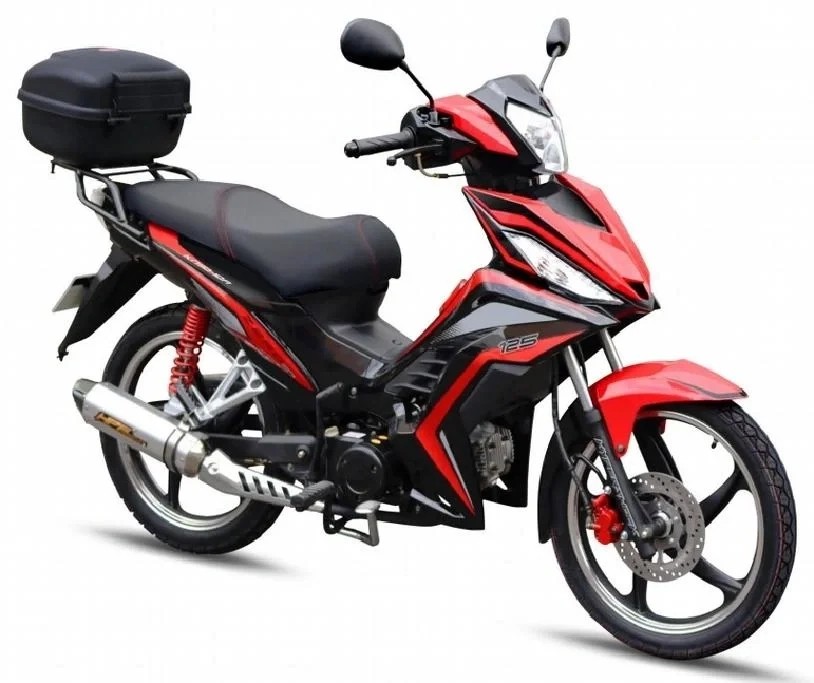When it comes to relocating a vehicle across state lines, understanding the costs associated with towing is crucial for both budget planning and ensuring a smooth transition. The price of towing a car from state to state can vary significantly based on several factors, including distance, type of vehicle, towing method, and additional services. In this article, we will delve into these factors, providing you with a detailed overview of what to expect when towing your vehicle across state borders.
Understanding the Basics of Towing Costs
The average cost to tow a car from state to state typically ranges from $600 to $1,500. However, this figure can fluctuate based on various elements. Here are the primary factors that influence towing costs:
- Distance: The most significant factor affecting the cost of towing is the distance between the pickup and drop-off locations. Towing companies often charge per mile, and longer distances will naturally incur higher costs. For example, a tow service might charge around $2 to $4 per mile for long-distance towing.
- Vehicle Type: The type of vehicle being towed also plays a crucial role in determining the cost. Standard cars are generally less expensive to tow compared to larger vehicles like SUVs, trucks, or vans. Specialty vehicles, such as luxury cars or those requiring special handling, may incur additional fees due to the need for specialized equipment or expertise.
- Towing Method: There are different methods of towing, including flatbed towing, wheel-lift towing, and dolly towing. Flatbed towing is often the safest and most recommended method, especially for long distances, but it can also be the most expensive. Wheel-lift towing is more economical but may not be suitable for all vehicles. Understanding the pros and cons of each method can help you make an informed decision.
- Additional Services: Many towing companies offer additional services that can impact the overall cost. For instance, if you require storage for your vehicle before or after the tow, or if you need the towing company to assist with loading and unloading, these services will add to the total bill. Additionally, if your vehicle is inoperable, you may incur extra charges for winching or other recovery services.
Getting Quotes: The Importance of Research
Before committing to a towing service, it’s essential to obtain multiple quotes from different companies. This not only allows you to compare prices but also gives you insight into the services offered. When requesting quotes, be sure to provide detailed information about your vehicle, the distance to be towed, and any special requirements you may have.
Insurance Considerations
Another critical aspect to consider is insurance coverage. Before arranging for a tow, check with your insurance provider to see if your policy covers towing services. Some policies may include roadside assistance or towing coverage, which can significantly reduce your out-of-pocket expenses. If your insurance does not cover towing, consider purchasing additional coverage from the towing company for peace of mind.
DIY Towing: Is It Worth It?
For those considering towing their vehicle themselves, it’s essential to weigh the pros and cons. While renting a tow dolly or trailer may seem like a cost-effective solution, it requires a suitable vehicle for towing and a level of expertise to ensure safety. Additionally, you’ll need to factor in rental fees, fuel costs, and potential wear and tear on your vehicle. For many, hiring a professional towing service is the safer and more convenient option.
Conclusion: Making an Informed Decision
Towing a car from state to state involves various factors that can significantly influence the overall cost. By understanding these elements and conducting thorough research, you can make an informed decision that aligns with your budget and needs. Whether you choose to hire a professional service or consider a DIY approach, being well-informed will help ensure a smooth and efficient towing experience.






